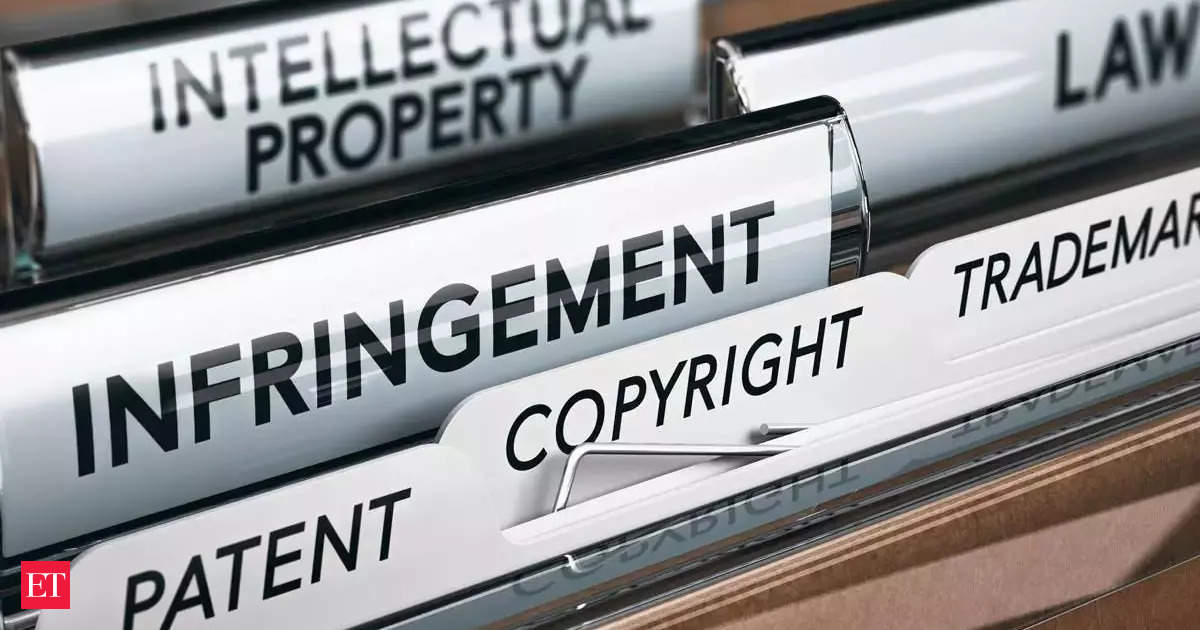The Confederation of Indian Industry (CII) has proposed the implementation of a system to prevent the sales of “dead copy” products on e-commerce platforms. This move by CII is aimed at eliminating unfair competition in the marketplace. In a report on intellectual property rights (IPR) issues concerning the manufacturing sector, CII also suggested the creation of a specialized arrangement to fast track the patent grant process for manufacturing technologies that help reduce carbon and greenhouse gas emissions. The report also focused on the need to establish specialized tribunals or arbitration cells to handle IPR matters.
CII emphasized the importance of clarity of responsibility in dealing with IP infringement products sold on e-commerce platforms. The report suggested various measures, including the elimination of counterfeiters, sharing of information about counterfeiters, and taking countermeasures to prevent the sales of counterfeit products. CII highlighted the issue of customer confusion when it comes to distinguishing between genuine and non-genuine products. The report states that taking down counterfeit products will contribute to the healthy development of e-commerce and provide protection for customers and fair competition.
The report also addressed broader challenges related to IPRs. It called for the re-scoping of the Bio-diversity Act to promote easier access to bio-resources for manufacturing purposes. It also highlighted the need to support circular economy and sustainability goals through the production of goods. Additionally, the lack of statutory trade secret protection was mentioned as a challenge.
The release of this report comes at a time when India plans to increase the share of manufacturing in its GDP to 25% by 2025.
In a separate report focusing on the pharmaceutical sector, CII identified key issues, such as the lack of specific timelines in IPR procedures, slow-moving IPR litigation, and the restricted scope of research exemption (Bolar provision) in certain countries, including Ukraine, Russia, and Brazil.
To address the issue of pending cases in high courts following the abolishment of the Intellectual Property Appellate Board (IPAB), CII recommended creating a “Patent Appellate Board” within the patent office. It cited the example of Europe’s Board of Appeal, where appeals can be filed against decisions made by the departments of first instance of the European Patent Office (EPO).
Another concern highlighted in the report is the cumbersome approval process imposed by the National Biodiversity Authority (NBA) for inventions that use biological resources obtained from India.
Overall, CII’s reports shed light on the challenges faced by various sectors in relation to intellectual property rights, and provide recommendations to address these issues and promote a fair and conducive business environment.











